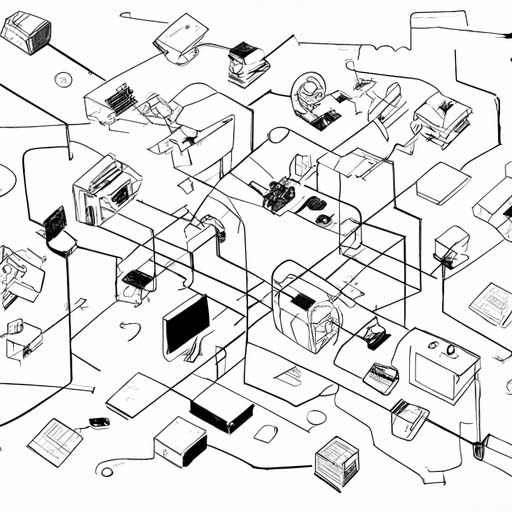Key points:
- Google’s ad team has experienced layoffs due to the increasing use of artificial intelligence (AI) and automation.
- The company’s decision to automate certain ad tasks has resulted in a reduction of the team’s size.
Google, known for its extensive use of AI and automation in various areas of its operations, including advertising, has recently faced layoffs in its ad team. The company’s push towards increased automation has led to a reduced need for human resources, resulting in job losses within the department.
Google’s ad team has traditionally been one of the largest and most influential parts of the company. However, advancements in AI technology have allowed the company to automate many of the tasks previously handled by humans, leading to improved efficiency and cost savings.
The primary goal behind automation within Google’s ad team is to simplify and streamline the ad creation and management process. With the help of AI algorithms, the technology can analyze large amounts of data and make real-time optimizations, allowing campaigns to perform better and generate higher return on investment.
By automating certain ad tasks, Google has been able to eliminate the potential for human error, increase scalability, and reduce operational costs. However, these advancements have resulted in layoffs within the ad team, as fewer employees are needed to handle the automated processes.
While this move towards automation has raised concerns among employees facing potential job losses, Google insists that the company is committed to helping affected employees find new roles within the organization. The company has a history of offering resources and support to employees during times of change, including retraining programs and job placement assistance.
It is worth noting that Google is not the only tech company embracing automation and AI in its advertising operations. Many industry competitors are also adopting similar strategies to enhance efficiency and reduce costs.
Despite the job losses caused by automation, the overall impact of AI on employment is still a topic of debate. Some argue that although certain job roles may become obsolete, new opportunities will arise as technology evolves.
Furthermore, for companies like Google, AI and automation enable more strategic deployment of human resources. Rather than being occupied by repetitive and mundane tasks, employees can focus on higher-value activities, such as creative campaign ideation, data analysis, and strategic decision-making.
In conclusion, Google’s ad team is experiencing layoffs due to the increasing use of AI and automation. While this may result in job losses, the company aims to support affected employees in finding new roles within the organization. The adoption of automation in advertising is an industry-wide trend, driven by the desire for increased efficiency and cost savings. Despite concerns about job displacement, AI and automation offer the potential for employees to engage in more strategic and valuable activities within their respective roles.
